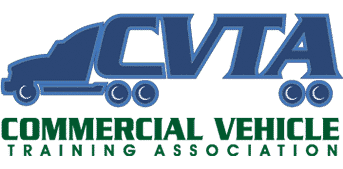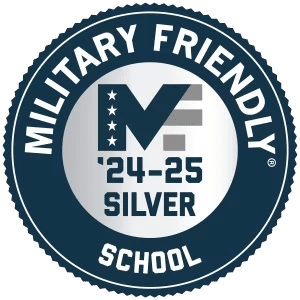Whether you’re an experienced truck driver or just starting out, having the right tools is crucial for a safe and successful journey. In this blog post, we’ll explore the essential tools that every driver should carry. These tools will help you handle unexpected situations and keep your truck running smoothly.
Tire Pressure Gauge
Check tire pressure regularly for safety and fuel efficiency. Invest in a quality gauge and use it before trips or during breaks.
Portable Air Compressor
Carry a compact air compressor to quickly inflate tires and minimize downtime in case of punctures or low pressure.
Basic Tool Set
Be prepared for minor repairs with a tool set including wrenches, pliers, screwdrivers, and a socket set.
Emergency Warning Devices
Use reflective triangles, flares, and a safety vest to alert others during breakdowns or emergencies, ensuring road safety.
First Aid Kit
Address minor injuries and provide initial care with a well-stocked first aid kit. Getting proper first aid training is also beneficial for knowing how to handle emergency situations.
Fire Extinguisher
Keep a fire extinguisher handy to swiftly put out small fires and protect lives and cargo.
Reflective Safety Tape
Increase visibility with reflective tape on your truck, reducing accidents, especially during nighttime or poor weather.
Voltage Tester
Diagnose electrical issues in your truck’s system using a voltage tester for quick troubleshooting and prevention of breakdowns.
Jumper Cables
Carry jumper cables to jump-start your truck or assist other drivers in need. They come in handy when dealing with a dead battery.
Multi-Purpose Knife or Utility Tool
A versatile knife or utility tool can be incredibly useful for various tasks, such as cutting ropes, opening packages, or handling minor repairs.
Flashlight or Headlamp
Ensure you have a reliable flashlight or headlamp for better visibility in dark or low-light conditions, making inspections and repairs easier.
Reflective Vest or High-Visibility Clothing
Wearing a reflective vest or high-visibility clothing increases your visibility to others, enhancing safety during roadside repairs or emergencies.
Wheel Chocks
Wheel chocks are essential for preventing your truck from rolling or moving while parked or during maintenance on uneven surfaces.
Duct Tape
Duct tape is a versatile tool for temporary repairs, securing loose parts, or patching small leaks until you can reach a repair shop.
Rain Gear
Be prepared for inclement weather with waterproof rain gear, including a raincoat, pants, and boots, to stay dry and comfortable on the job.
Bungee Cords or Tie-Down Straps
Secure cargo and equipment using bungee cords or tie-down straps, ensuring they stay in place during transit.
Tire Chains
In snowy or icy conditions, tire chains provide better traction, allowing you to drive safely on slippery roads and steep inclines.
Work Gloves
Protect your hands and improve your grip with durable work gloves, which come in handy when handling heavy cargo or performing repairs.
The Importance Of Being Prepared
Being prepared is crucial for truckers. By having the essential tools mentioned above, you can enhance your safety, reduce downtime, and handle minor mechanical issues efficiently. Remember to invest in quality tools and maintain them regularly to ensure a successful journey every time you hit the road. Stay safe out there!
Learn Safety Practices at Phoenix Truck Driving School
Enroll at Phoenix Truck Driving School to learn essential safety practices and skills for a successful career in truck driving. With expert instructors and comprehensive programs, you’ll gain the knowledge and hands-on experience needed to prioritize safety on the road.








